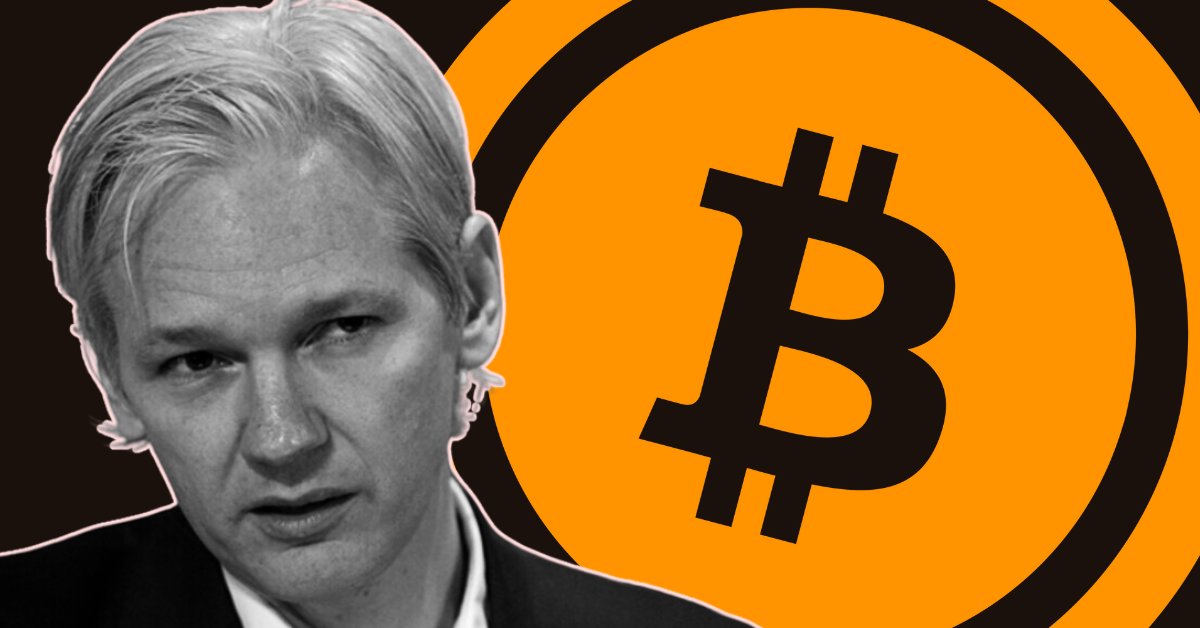In 2010, WikiLeaks detonated a bombshell. The Afghanistan and Iraq War Logs, exposing the brutal truths of these conflicts, sent shockwaves across the globe. But the US government wasn’t about to let these secrets see the light of day. WikiLeaks faced a relentless onslaught, pushing them to the brink.
Enter Bitcoin: the unlikely hero in a story of transparency, financial warfare, and the fight for survival.
What’s the connection? Read on.
Rising to Prominence
The release of the Iraq and Afghanistan war logs, including the ‘Collateral Murder’ video, propelled WikiLeaks to worldwide fame. However, this fame came at a cost. It marked the beginning of a 15-year battle against retaliatory measures aimed at silencing WikiLeaks and its founder, Julian Assange.
By late 2010, WikiLeaks was under siege. Denial-of-service attacks forced the site to move from Swedish to US servers hosted by Amazon. Pressure from US officials led Amazon to shut down WikiLeaks’ hosting. Simultaneously, the organization’s domain service was suspended, severely impacting its online presence.
Financial Blocks
The US government launched a concerted effort to financially cripple WikiLeaks. Major institutions like PayPal, Visa, MasterCard, Bank of America, and Western Union stopped processing donations to WikiLeaks. Switzerland’s PostFinance even closed Julian Assange’s personal account. This blockade devastated WikiLeaks, reducing its revenue by 95% and pushing it toward collapse.
Bitcoin Emerges
Amidst the turmoil, a solution emerged from the world of cryptocurrency. Early Bitcoin supporters suggested using it to bypass traditional financial systems and support WikiLeaks. Despite initial concerns from Bitcoin’s creator, Satoshi Nakamoto, WikiLeaks started accepting Bitcoin donations in June 2011. This decision was crucial, bringing in over 4,000 BTC—worth approximately $244 million today.
Bitcoin adoption provided WikiLeaks with a censorship-resistant financial lifeline. It not only saved the organization from financial ruin but also demonstrated the power of decentralized finance in countering unjust government actions.
By enabling unrestricted funding, Bitcoin empowered WikiLeaks to uphold its mission of transparency and free speech amidst relentless opposition.
WikiLeaks founder Julian Assange has finally arrived in Australia after being freed by a U.S. court. Assange pleaded guilty to espionage charges and was sentenced to time served, allowing him to return home.
Read Also: Raoul Pal Reveals His Crypto Bull Run Strategy 2024, Good time Hold, Sell or Buy?
WikiLeaks’ survival relied on Bitcoin. Can cryptocurrency become a reliable alternative to traditional finance?







Leave a Reply